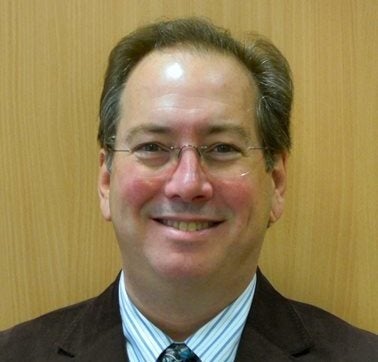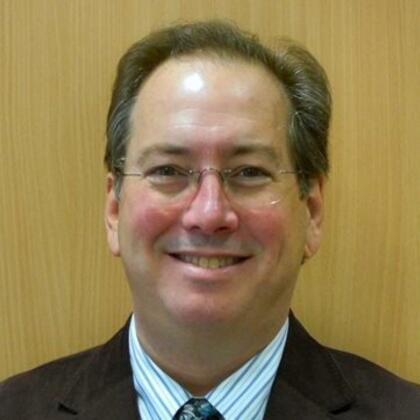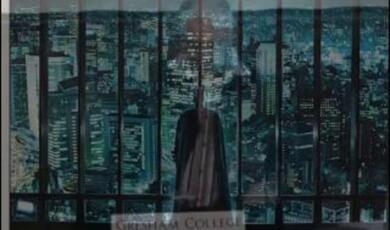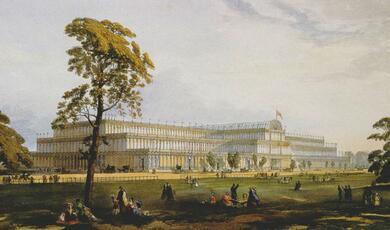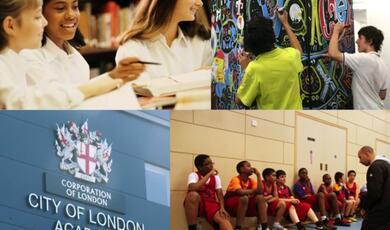30 January 2014
Concluding Remarks for Measuring Up Cities
Alderman Professor Michael Mainelli
So, cities are tough to define and we have numerous choices for a key determinant. My favourite city measurement trivia is to point to the “planet-moon configuration” of Bremen and Bremerhaven in the solar system of Germany’s smallest ‘Land’, Bremen, the tiniest of Germany’s 16 Länder. 54 kilometres apart, Bremen and Bremerhaven have their own constitutions and their Land has a number of unique opt-outs in the German federal system to do with schools and police. Just to ensure confusion, Bremen even owns bit of the port of Bremerhaven. [http://www.economist.com/node/18713878]
The Lord Mayor mentioned that Crosby advocates an interesting thesis on why a bunch of tiny squabbling nations on the fringe of a continent with few outstanding resources, having squandered centuries of their own sweet time emerging from the collapse of their last empire in the fifth century, could take on and dominate massive empires east and west from 1500 till the end of the 20th century. Europe’s fragmented and competing city-states were a source of strength, not weakness. Having to handle a diversity of approaches to metrology, differences in the length of the standard ‘ell’, different weights and measures, different coinages, led to a better facility and understanding of measurement. For Crosby, the West’s focus on measurement was fundamental to its success. It’s clear that we need to master measurement of our cities.
Yet equally we mustn’t over-measure. We must leave room for serendipity. I opened today’s symposium with a Jane Jacobs quote - “Cities have the capability of providing something for everybody, only because, and only when, they are created by everybody.” Implicit in her quote is the tension between planning and innovation. Too much planning could lead to a Tragedy of the Commonwealth of data. The best cities capture the vitality of their historic roots, combine the old with the new, and harness the vitality within their population. Great metropolises are about everyone’s contribution, and thus as much about accident as design. London was right after the 1666 fire to reject Sir Christopher Wren’s grandiose scheme for a boulevarded London. With too much planning innovation wanders elsewhere. The haphazard and serendipity in cities creates the opportunities.
Commonwealth is a 15th century term meaning “public welfare; general good or advantage”. “The common-wealth” or “the common weal” comes from an old meaning of wealth as “well-being” thus “common well-being.” So if we want to live well in cities, on what does our commonwealth depend? The Lord Mayor made a strong suggestion that our common weal might be moving to our data. For me, that was one of the great points she made – we should combine her clock metaphor and her data hydrant metaphor. We start with community, which leads to commerce, and after we’ve generated some wealth we turn to charity, building a just society. But our wealth is founded on what we share, which starts with data, then information, then knowledge, and then, perhaps, even wisdom.
© Alderman Professor Michael Mainelli, 2014


 Login
Login
